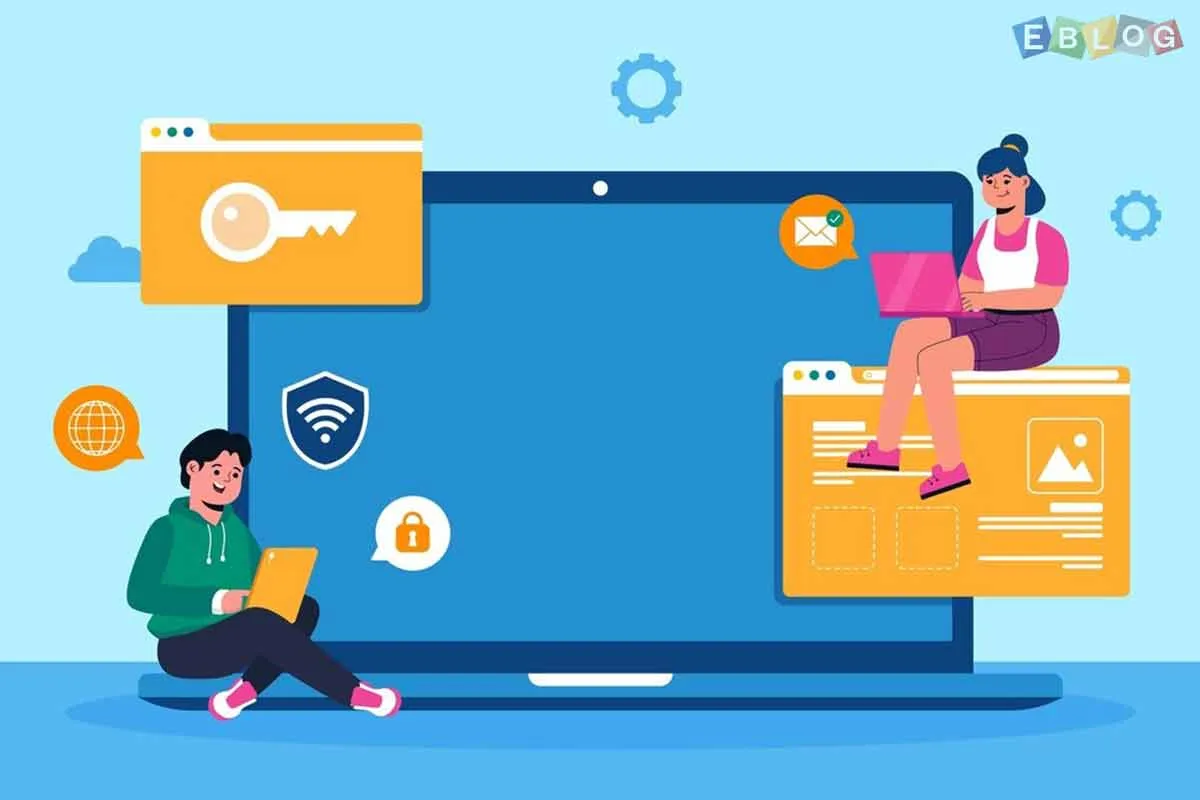
Code by Prompt: How AI Is Redefining Software Development
- 28 May, 2025
- Tech
- 561 Views
- 0 Comments
In the not-so-distant past, writing software was a task reserved for those who could speak the arcane languages of machines—languages such as JavaScript, Python, C++, and more. Today, a quiet revolution is underway. Developers are increasingly building software not by meticulously writing every line of code, but by describing what they want in natural language. Welcome to the era of "Code by Prompt", where artificial intelligence is transforming how software is imagined, written, and maintained.
1. From Code Editors to Conversational Interfaces
At the heart of this change are powerful AI systems like OpenAI’s ChatGPT, GitHub Copilot, and Amazon CodeWhisperer. These tools can generate working code based on simple, natural language prompts. For example, instead of writing a function to sort a list of objects by date, a developer might just type:
"Write a Python function that sorts a list of dictionaries by the 'timestamp' key."
Within seconds, the AI returns syntactically correct, often efficient code. What once required years of experience is now increasingly accessible to those who can communicate intent.
2. What Is Prompt-Driven Development?
Prompt-driven development flips the traditional software development process. Instead of starting with syntax, developers start with semantics—the meaning or purpose of the code. Prompts act as a bridge between high-level intent and machine-executable logic.
Key Features:
a. Natural Language as Input
Prompts are written in plain English (or any supported language), making it easier for non-engineers to participate in the development process.
b. Rapid Prototyping
AI tools can quickly generate boilerplate code, UI components, or database queries—freeing up developers to focus on problem-solving and architecture.
c. Context Awareness
Modern tools can understand the surrounding code and file structure, producing suggestions that fit seamlessly into your project.
3. Redefining the Developer's Role
AI doesn’t eliminate the need for developers—it redefines their role. Instead of spending time writing repetitive code, developers act more like curators, reviewers, and architects:
a. Prompt Engineers: Knowing how to ask the right question becomes as important as knowing how to code.
b. Code Auditors: Developers must review and refine AI-generated output to ensure it meets performance, security, and style standards.
c. System Designers: With AI handling the grunt work, more time can be spent on designing robust systems and solving higher-level challenges.
4. Limitations and Cautions
While the future looks promising, prompt-based development is not without risks:
a. Code Hallucinations: AI sometimes generates code that looks correct but contains subtle errors.
b. Security Concerns: Automated code may unknowingly introduce vulnerabilities.
c. Maintenance Challenges: AI-generated code might lack proper documentation or follow non-standard conventions.
Thus, while AI accelerates development, it also demands more careful review and testing.
5. A Democratizing Force?
Perhaps the most exciting prospect of Code by Prompt is its potential to democratize software development. Imagine a product manager, a teacher, or a small business owner who can create a basic app just by describing what they want. This accessibility could unlock innovation in ways we’ve never seen before.
6. What’s Next?
Multimodal Development: Combining text prompts with visual tools (e.g., drawing a UI and asking AI to generate code).
a. Real-time Collaboration: Developers and AI working together in IDEs that resemble conversations more than terminals.
b. AI-First Frameworks: Future tools may be designed primarily for AI assistance, reducing complexity and improving safety.
7. Final Thoughts
"Code by Prompt" isn't about replacing developers—it’s about augmenting them. As with every technological leap, those who adapt will thrive. The question isn't whether AI will change how we code. It already has. The real question is: how will you code in this new world?















Leave a Reply